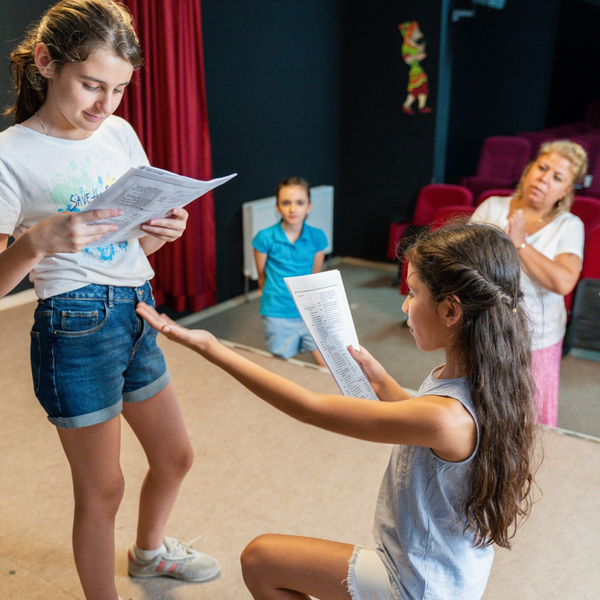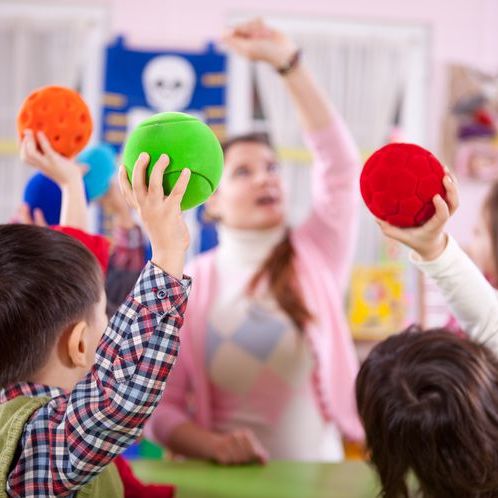Research -- StepUp to Learn
Want to Increase Resiliency in Kids? Teach Creativity
Kids imagine themselves as different characters it builds creativity which can make them more resilient.
Why Our Brains Prefer Symbols to Words
New study dives into our brain’s knack for recalling symbols and logos over their word counterparts.
'Mister Rogers' 2.0? Chatbot Aims to Boost Kids' Positive Self Talk
Researchers aim to create child-centric experiences with a chatbot that provide fun and educational practice opportunities without compromises children’s privacy.
Mind-Body Connection is Built into Brain
The mind-body connection is designed to help us learn and remember, and to use what we know as tools for new learning and problem-solving.
How to Outsmart Dopamine and Limit Your Kids' Screen Time
A better understanding of what's going on in kids' brains while they're streaming and scrolling offers powerful insights into how parents can better manage and limit these activities.
How The Brain’s Internal Compass Works
New study reveals how the brain makes sense of changing environmental cues.
No Magic Number for Time It Takes to Form Habits
"You may have heard that it takes about 21 days to form a habit, but that estimate was not based on any science."
How The Instinct to Explore Helps The Brain Learn
How an instinct to explore helps animals learn to map their environment.
Brain Activity Decoder Can Reveal Stories in People’s Minds
A new artificial intelligence system can translate a person’s brain activity — while listening to a story or silently imagining telling a story — into a continuous stream of text.
In Sync Brainwaves Predict Learning
The connection among students and to their instructor is telling about the learning process, according to researchers.
Why Some Children May Be Slower to Learn Words
New research could help identify children at risk for language delay at an earlier stage so that they can get better support.
What Happens When We Read? Decoding the Brain's Dual Networks
New research reveals how two adjacent brain networks collaborate to make sense of what we read.












